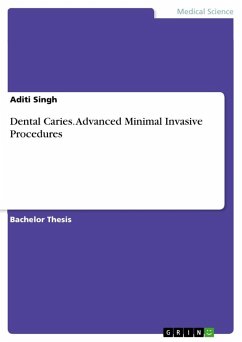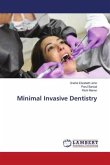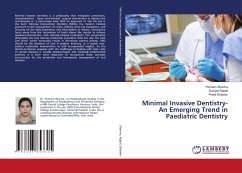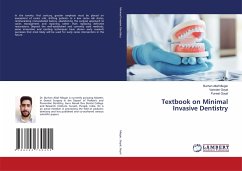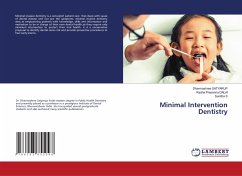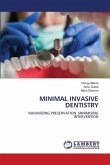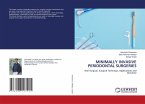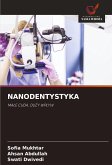Bachelor Thesis from the year 2016 in the subject Medicine - Dentistry, grade: A, Seema Dental College & Hospital (Rishikesh), course: MDS, language: English, abstract: Dental caries is a multifactorial disease that has many contributing factors, including biological, genetic, socioeconomic, cultural, and environmental issues. It's the localized destruction of susceptible dental hard tissue by acidic by-products from bacterial fermentation of dietary carbohydrates.Dental caries is the main reason for placement and replacement of restorations. The demineralization process occurs because of high consumption of sugary and/or starchy foods and sugared beverages, combined with insufficient fluoride exposure, inappropriate oral hygiene, and/or poor salivary flow.The replacement of restorations can result in cavity preparations larger than the predecessors, which leads to weakening of the remaining tooth structure. The longevity of a restoration is attributed to the restorative materialproperties, the technical quality of the restorative procedure and the patient's compliance with appropriate maintenance of their oral hygiene.The minimal intervention paradigm emphasizes use of adhesive restorative materials in order to minimize the size of cavity preparation. This new medical model, known as Minimally Invasive Dentistry (MID), is a conservative philosophy that reduces restorative procedure time, pain and stress, and results in decreased patient anxiety.MID emphasizes that initial caries lesions in the enamel can be repaired by increasing the amounts of calcium, phosphate and fluoride in the saliva. Also, when a lesion needs to be restored, MID emphasizes adhesive restorative techniques, which allow removal of the decay in a way that involves minimal loss of healthy tooth structure. The term "minimal intervention" was endorsed by the Federation Dentaire Internationale in a 2002 policy statement and is globally recognized.
Hinweis: Dieser Artikel kann nur an eine deutsche Lieferadresse ausgeliefert werden.
Hinweis: Dieser Artikel kann nur an eine deutsche Lieferadresse ausgeliefert werden.

